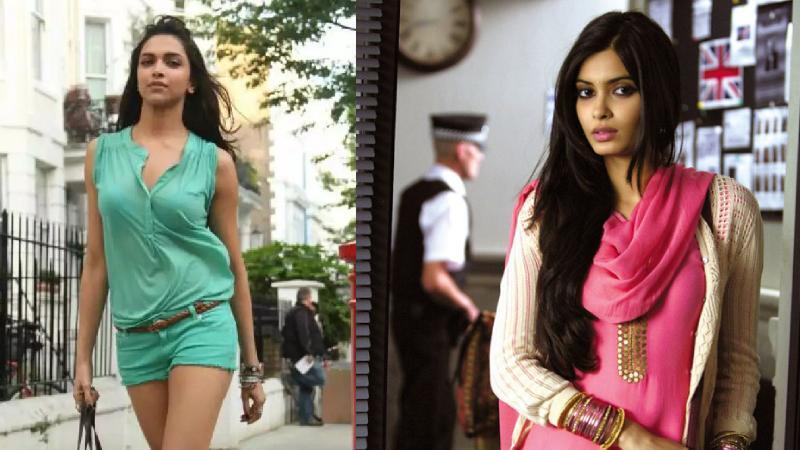Pooh or Parvati: Overseas Indian respond
Bollywood is not only the largest film industry of India and the world, but is also the lens through which the entire world, especially Indians living aboard, view and reconnect to the Indian society and their culture.
However, over the years, most Indian films have been alienating the diaspora audience by constantly creating a false and sometimes a morally inferior image of these people.
“Although Bollywood still has a place in everyone’s heart, it is becoming very tough to relate to and cheer on. We look up to this industry to represent interests of Indians globally but it is failing miserably at this,” an Indian student living in California, USA who did not wish to be named tells Media India Group.
The UnIndians
The idea of India being a land of traditional values versus America or any other country as a land of progressive and unethical has been perpetuated over time in various Bollywood films. This dichotomy between the ‘traditional’ and the ‘westernised’ has created a stereotypical image of the Indian diaspora.
“There is this image built of Indians who live outside India and its due to Bollywood’s portrayal of them. I have heard a lot of people in India believe that once Indians leave they become completely westernised. You often hear these words “oh, yeh toh American ban gaye hain” (oh, they have become Americans). Bollywood uses this thinking to their advantage and creates characters that are uncultured. These characters don’t how to offer puja (pray). They act like they are above everyone and deserve royal treatment. They act all surprised when they see Indian ceremonies being performed. Being away from India actually makes you want to be closer to your roots,” says the student.
The pretentious Poohs
From Urmila Matondkar’s Jahnvi Sahni in Judai (1997) to Deepika Padukone’s Veronica in Cocktail (2012), female Indian diasporas in Hindi films are often depicted as characters who are snooty and ignorant, the vamps trying to steal away the ‘heroes’, wearing short clothes, drinking alcohol. This characterisation often ends up creating a regressive image of women, both diaspora and in India by creating a dichotomy between the “traditional” and the “liberal”.
“Bollywood does try to showcase through their characters that the individuals who leave forget their traditional roots. That character is not chosen by the ‘hero’ because she is too western. It is seen as though she will not be able to adjust and she is not cultured. The fun part is that some people believe that these characters correctly represent Indians who have left the country. This is actually farthest from the truth. I would say lots of Indians in India are more westernised than those living overseas,” Kritika, an Indian living in the United States for over 15 years tells Media India Group.
While Bollywood has been known to hypersexualise and objectify its female characters in order to garner the interest of the male audience through item songs, short clothing or double meaning dialogues seen in Mastizaade (2016) or Ahaana, played by Lisa Hayden in The Shaukeens (2014), the biggest victims of this become the Indian women living overseas.
“You often see one character dressed in short clothing and another in modest clothing. The one dressed in short clothing is mostly always the one who has come from outside of India. I would say that just because someone is modern does not mean they lack culture. People abroad also wear modest clothing. Your clothing preferences aren’t based on where you live,” says Kritika.
Even though many Bollywood filmmakers still continue to cash in these age old tropes, many movies like Queen (2014) and English Vinglish (2012) have been smashing the preconceived notions of ‘Indianness’ and ‘Westernness’ through unconventional and refreshing scripts.










